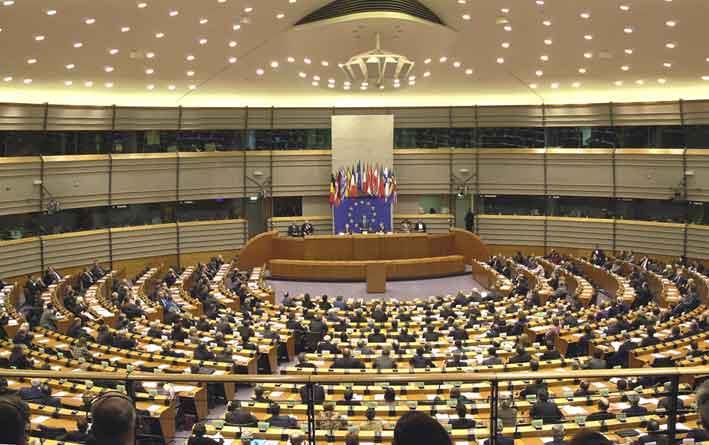Failure of the Council of the European Union (Council) to respect decisions taken by the European Parliament (EP) will lead to “difficulties to cooperate in the future,” said Igor Soltes, the permanent rapporteur for European Court of Auditors (ECA) nominations.
This was said in the light of the Maltese government’s nomination to the ECA being rejected by the EP on Tuesday, by 381 votes against, 229 in favour and 58 abstentions. His nomination was marginally approved at the EP committee stage, leading to a rejection during an MEP plenary session.
Leo Brincat, former Environment Minister under this administration, has declared that his intention is to carry forward his nomination before the Council, which has the final say.

Speaking with The Malta Independent, Mr Soltes said: “A similar situation happened in the past, when two candidates did not get majority approval in the EP, and in the end the Council approved the nomination. This is why, in the questionnaire sent to nominees, we asked whether candidates would withdraw their nomination following EP rejection. The previous candidate from Malta [Toni Abela], following his rejection, announced that he would be withdrawing his candidacy on the basis of dignity and honour.
“I think this decision is certainly up to each candidate. Whatever a candidate decides to do after being rejected, this certainly conveys their particular understanding of the role of the EP. If somebody does not get the majority, the question arises of how fair it is to go forward with the nomination before the Council.
“Every nominee has a right to take that decision, however ultimately it is the people who will assess whether this is ok or not.”
The Maltese government’s previous nomination was Toni Abela, former Labour Party (PL) Deputy Leader. His nomination was rejected at committee stage, after which Dr Abela withdrew his candidacy.

Emphasising how the EP’s legitimacy could be called into question, should the Council ignore the EP’s decision with regards Mr Brincat, Mr Soltes said: “Before the votes, I spoke of two particular issues:
“The first being that we expect the Council to respect the decision of the EP, otherwise we will have difficulties to cooperate in the future. It is also important for me to say that if the Council will change, replace or reverse a decision taken by the EP then why do we need all those procedures and hearings within the EP, when the final key decision is within the Council? We are just spending public money for nothing if decisions from the EP are deemed irrelevant.”
Legislation passed within the EU needs consensus from both the Council as well as the EP, in view of the fact that members of the EP (MEPs) are directly and democratically elected by the people of EU member states. This is known as the Ordinary Legislative Procedure, and necessitates a number of hearings by both the EP and the Council in order to approve, amend or reject legislative texts.
In addition to this, a number of other hearings are made within the EP with respect to approving nominations of various EU entities and branches.
Mr Soltes added that: “The second issue I would like to raise is that of gender equality. Currently, we have four women out of the 28 members of the ECA – this is not in accordance with recommendations made by the EP and the European Commission.
“If this trend continues, of males being nominated exclusively then by the end of this year and the beginning of next then we could have just 10 per cent or less of ECA being female.”
The ECA was set up to audit the EU’s finances – primarily the EU’s budget and policies relating to growth and jobs, added value, public finances, the environment and climate action.
Reports penned by the ECA are used by the Commission, the EP, the Council and member states alike. The ECA’s work provides an integral basis for the annual discharge of the EU, a procedure which decides whether the Commission has satisfactorily implemented the previous years’ budget. This is decided by the EP, following a recommendation from the Council.
In addition to this, the ECA is tasked with checking any individual or organisation handling EU funds, inclusive of spot checks within EU institutions (more often than not, the Commission), EU member states as well as countries receiving EU aid. It also reports suspected fraud, corruption or other illegal activity to the European Anti-Fraud Office (OLAF).